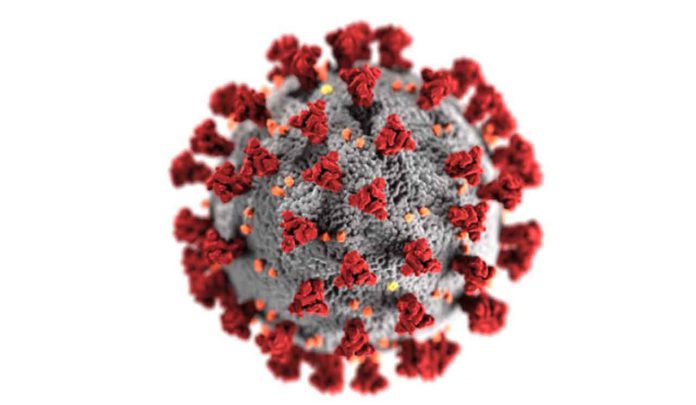THUNDER BAY – Over the course of the pandemic, many people have faced challenges. From the stress of job and business losses to the stresses of not feeling in control, and the anxieties of life, there have been increases in mental health challenges.
A new study on Coronavirus and the imposition of lockdown this year showed ‘significantly raised’ mental health challenges, particularly so for the most vulnerable groups, including those shielding, according to the first study to look at people’s coping styles in face of the pandemic.
The new research, published today [Tuesday 4 August 2020] in the journal American Psychologist, draws on survey responses from over 800 people recruited online and via social media who answered questions over a ten-day period when the UK was in full lockdown (from 17 – 26 April 2020).
The study from psychologists at the University of Bath is the first study to substantiate extensive media debate that health anxieties were heightened as a result of the pandemic, and it is also the first study to indicate that those in vulnerable groups are clinically more distressed as a result.
Results suggest that a quarter of all participants revealed significantly elevated anxiety and depression, exacerbated by lockdown and isolation. Nearly 15% reached clinical levels of health anxiety, which reflects that health-related anxiety has become distressing and is likely to be causing preoccupation and disruption to normal activities. Health anxiety focusses on the fear of having or contracting a serious illness despite medical reassurance.
Lead author, Dr. Hannah Rettie from the University of Bath’s Department of Psychology explains: “The COVID-19 pandemic has caused global uncertainty which has had a direct, detrimental effect on so many people across the UK and around the world. People have been unsure when they would see relatives again, job security has been rocked, there is an increased threat to many people’s health and government guidance is continuously changing, leading to much uncertainty and anxiety.
“What our research focused in on is how some individuals have struggled to tolerate and adapt to these uncertainties – much more so than in normal times. These results have important implications as we move to help people psychologically distressed by these challenging times in the weeks, months, and years ahead.”
Deeper analysis reveals that those in vulnerable groups – classified according to the UK government ‘vulnerable’ categories – report twice the rates of health-related anxiety than the general population. Those who identified themselves in these categories were on average more anxious and depressed, with anxiety and health anxiety specifically significantly higher than in non-vulnerable groups. Those who are in the vulnerable group are at risk both physically and psychologically.
The average age of participants in the study was 38 years old, 22% of whom had a pre-existing medical condition. The majority of respondents were female (80% female: 20% male).
The team who led the work hope their findings can help inform clinical practice in dealing with the mental health aftermath caused by these tumultuous past six months. They suggest one of the most important findings concerns those in vulnerable groups who demonstrate significantly higher levels of distress yet are also those most likely to have shielded for longest. This needs to be addressed by policymakers to ensure the adequate and appropriately tailored provision of mental health services moving forwards, they say.
The researchers suggest that clinicians could use their findings to target intolerance of uncertainty as part of standard psychological therapies, focussing on developing coping skills to reduce distress. This could also be extended to public resources, drawing out individuals’ abilities to manage uncertainty and reduce reliance on less effective coping strategies, for example, denial or self-blame.
Research lead Dr. Jo Daniels also of the Department of Psychology at Bath, who has written and spoken extensively about health anxiety and how this relates to coronavirus, added: “This is important research which looks at the potential mechanisms in COVID-19 related distress, a recently prioritized area of research. These findings can help us to tailor our existing psychological treatments to help those most in need but may also be useful in considering what coping strategies might be particularly helpful at a new time of uncertainty.
“We are also now better informed as to the likely number of the population that are experiencing clinical levels of health-related anxiety. This may serve to normalize distress at this difficult time and promote the uptake of emerging models of COVID-19 related distress for those who may need support at this time of uncertainty.”
“While this research offers important insights into how common distress was during ‘lockdown’, it is important to stress that anxiety is a normal response to an abnormal situation such as a pandemic. It can be helpful to mobilize precautionary behaviors such as hand-washing and social distancing. Yet for many, as reflected in our findings, anxiety is reaching distressing levels and may continue despite easing of restrictions – it is essential we create service provision to meet this need, which is likely to be ongoing, particularly with current expectations of a second wave. Further longitudinal research is needed to establish how this may change over time.”







